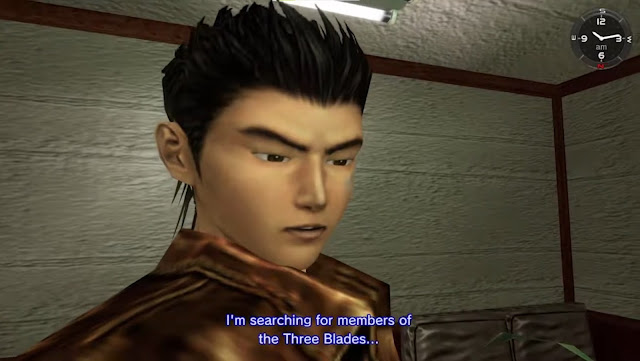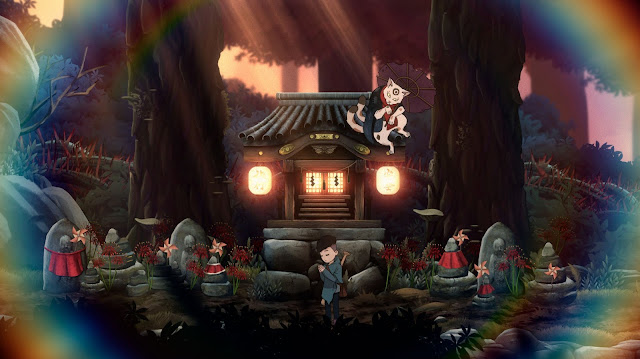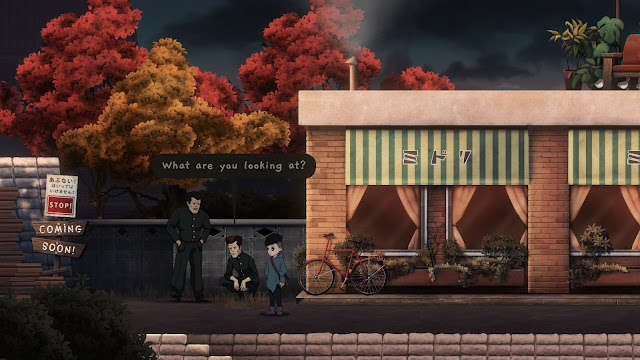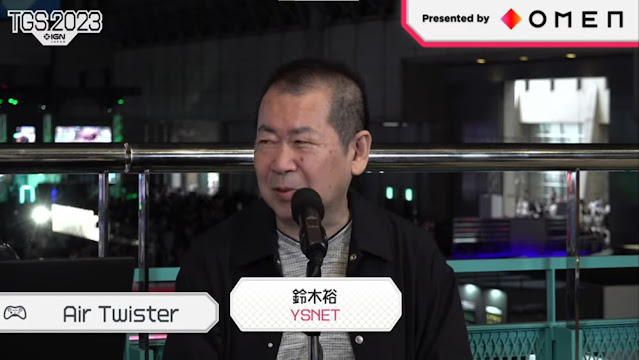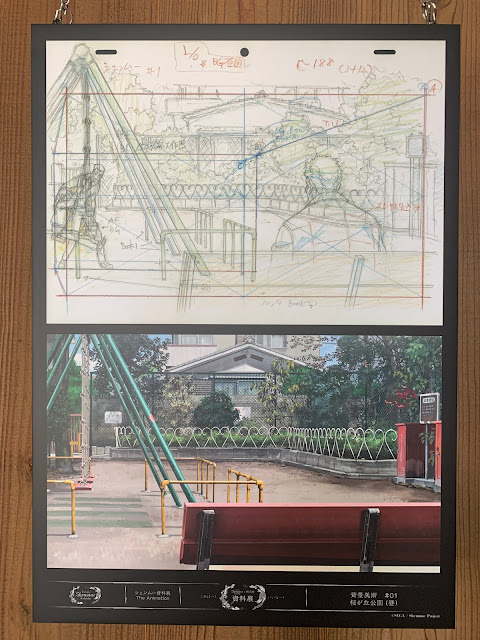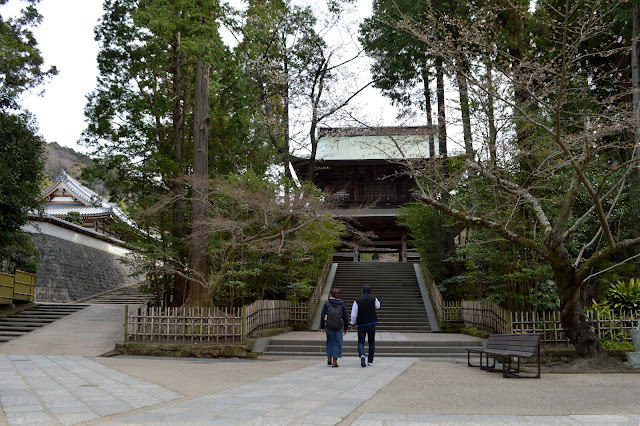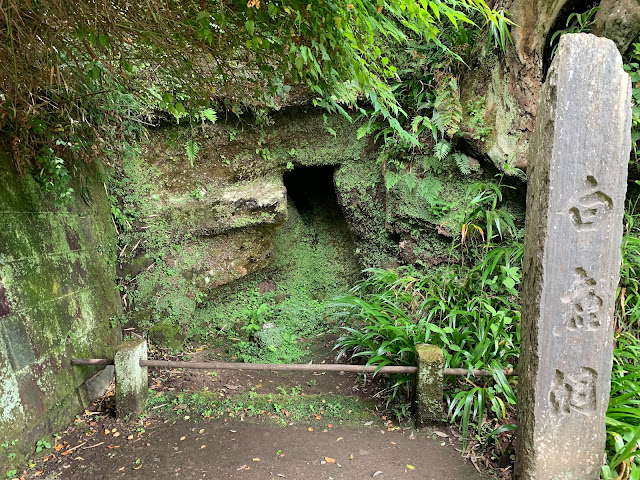 |
| "163 Game Creators' New Year's Resolutions" from Famitsu (the dragon represents the 2024 animal sign of the Chinese Zodiac: the Dragon) |
 |
| Yu Suzuki, CEO of YS Net. (This archive photo was seen in 4Gamer's developer survey last year) |
Yu Suzuki's responses for the coming year in 2024 were as below, translated from the original Japanese:
Q: Your Key Theme for 2024?*¹
YS: Creating games I'd want to play myself!
Q: Your New Year's Resolution / Aspirations for 2024?
YS: Collaborate on a project with scriptwriters and musicians from different industries.
Q: Status update
YS: In 2023, we successfully released a fantasy shooting game called Air Twister on home gaming consoles and PC. Feel free to enjoy the year-end and New Year holidays with the casual fun of Air Twister!
Q: What will you be keeping an eye on in 2024?
YS: I believe that clever and compelling stories like those found in Spy × Family*² and The Apothecary Diaries*³ could be beneficial in game development. By the way, I recently got my hands on the Juzo Itami Film Collection Blu-ray Box*⁴ and have been grinning happily ever since.
- In Japanese the first question translates more literally as "your keyword(s)", however it is a versatile term that can refer to both a single word or a phrase that encapsulates a main theme, idea, or concept. Taking this into account, here it is translated more broadly as "key theme".
- Spy × Family is a Japanese manga series that was first published in 2019 and was subsequently adapted to an anime television series, and has been described as "an action-packed comedy about a fake family that includes a spy, an assassin and a telepath." It has received widespread acclaim, having won several manga prizes and awards. An anime film adaptation and a novel were released in Japan earlier this month.

Spy × Family - The Apothecary Diaries (Japanese name: Kusuriya no Hitorigoto) is a fictional series set in Ming-era China that was originally published as a novel, and has been subsequently adapted to a manga series as well as an anime television series.

The Apothecary Diaries - The Juzo Itami Film Collection Blu-ray Box is a collection of all 10 movies by acclaimed director Juzo Itami who made his directorial debut at the age of 50 with the film "The Funeral" in 1984. The movie gained popularity in Japan and received numerous awards, including Japanese Academy Awards for Best Picture, Best Director, and Best Screenplay. However, it was his second film, the 1985 "Tampopo," with the story of a woman's quest to create the perfect bowl of ramen, that brought him international recognition and praise.
Yu Suzuki's response to his theme or concept for the year - "creating games I'd want to play myself") - suggests a personal and passion-driven approach to game development. Throughout his successful career, he has often developed games based on concepts suggested by others, particularly during his earlier years at SEGA. In this later part of his career, he has the freedom to create games that he finds personally engaging, as an initial benchmark for their broader appeal. It may also reflect his desire to continue to bring innovation and creativity into the development process and explore unique ideas and gameplay mechanics that resonate with him personally.
 |
| The "pins and needles" scene from the movie "The Funeral", directed by Juzo Itami |
Related Links
Source (Japanese): Famitsu.com















